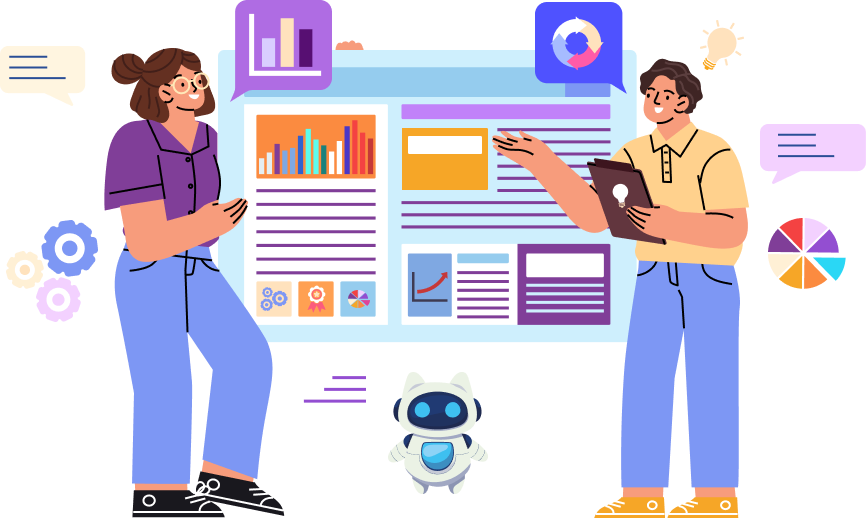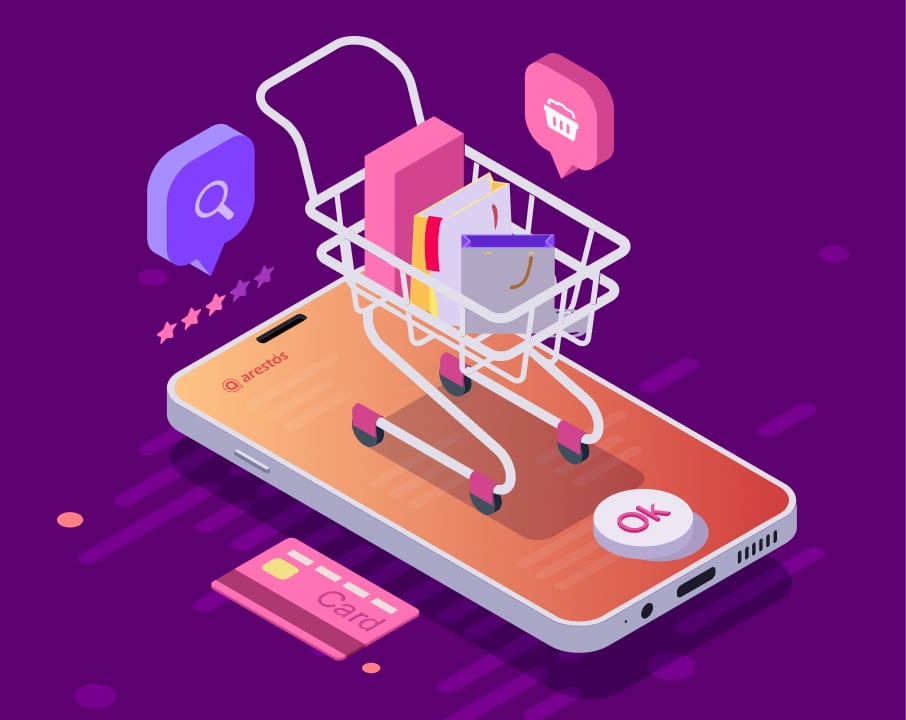Back to featured insights
Mobile Health Application: Benefits and Important Features
The key benefits of using mobile phone technology in healthcare are increasing awareness, improving assistance in tracking and testing casualties, assistance in seeking and scheduling medical appointments. Thereby, it supports to remain social distancing, enhance medical productivity and quality of life.
Table of Content
Share
The recent global outbreak has pushed the Mobile Health Application (mHealth) market to a new level. Healthcare professionals and health IT developers are confident that the use of mobile health technology and applications can significantly assist in monitoring and controlling the COVID-19 outbreak.
The key benefits of using mobile phone technology in healthcare are increasing awareness, improving assistance in tracking and testing casualties, assistance in seeking and scheduling medical appointments. Thereby, it supports to remain social distancing, enhance medical productivity and quality of life.
Benefits of Mobile Health Apps
1. Improve Wellness
Mobile Health Apps is the solution to increasing people’s awareness about their health. It provides tools and knowledge for people to take care of their bodies and live healthy life. Thus, mHealth is contributing greatly in enhance life quality.
2. Keep Health Tracked
Health tracking apps can offer different types of tracking purposes, from weight to heartbeat and pulse rate. Thereby it ensures your body and your health are listened to comprehensively. Moreover, you can get alert if there is any unusual tracks for prompt solutions.
3. Revolutionize Physical Checkups
One of the greatest benefits of mHealth apps is conducting and reporting medical examinations. We benefited from this solution widely during the recent fight against COVID-19.
A smartphone app equipped to check your temperature, pulse rate, heart rate, and few other health parameters right through the mobile device. Thus, it can offer checkups right at home and still remain social distancing. Even in the normal time, this can help save a lot of time queuing in the crowded clinic rooms. Moreover, it allows doctors to focus on the patients who really need their help.
4. Reduce Paper Waste
Thanks to mHealth apps many medical documents including regular physicians’ prescriptions, health reports, and other documents can now be completely paperless and digitized through mobile apps. Thanks to mHealth apps a patient can now access the doctor’s advice and prescriptions right on his or her smartphone screen.
5. The Dedicated Assistance of Chronic Disorder Treatment
Chronic diseases and disorders with great impact on the quality of life and life expectancy like Diabetes, heart disease, asthma, etc often require steady management rather than a one-time treatment. These diseases need continuous evaluation, monitoring, and an array of lifestyle measures to keep the symptoms in check. mHealth apps can really play a pivotal role in the treatment and management of these disorders.
Must-Have Features of Healthcare Mobile Apps
And with the above exceptional benefits, mHealth will continue to grow. Hospitals and other relevant stakeholders have started developing medical mobile apps to offer patients new, more helpful ways to effectively collect and share health-related information. Check below for the most popular and essential feature a successful mHealth should have.
1. Quick registration and login
Registration and login are the first impressions of your app. Make sure that the process is easy or your users will leave. It should be a tap and go. The same goes for login.
Users should be able to easily log in to their account with the help of email, Gmail, or phone numbers with OTP that they provided during registration.
2. Create and modify profile
Creating a profile should be easy and handy. Users should be allowed to upload their photos and any other information that they want to share.
However, in the case of doctors, all the required information should be available like their specialty, experience, clinic address, & contact details along with their registered practitioner numbers. Users should also be allowed to change and modify their profiles anytime they want.
3. Daily health tracking and alerts
The mHealth app should offer some parameters to monitor users’ health such as weight, temperature, heartbeat, etc. Also, based on daily or regular data, it can analyze and send alerts when any unusual track issued.
This feature will be a helpful resource for doctors later.
4. Search and contact doctors
Your mHealth app should allow searching with smart filter the doctors. The results will be based on their specialization, experience, reviews, consulting fee, education, location, etc.
In-app communication should be easy between patients and doctors. Patients should have the option to share information regarding their condition, preferred location, and or doctor’s /hospital name to search for it. They should get relevant results according to it.
5. Schedule management
The doctors should get authorization to accept or deny consultation requests if, for some reason, they do not wish to see the patient or the timings are not available.
Only after the doctor confirms or accepts the request, the customer should get notification/ confirmation mail along with ID.
6. Care and pill reminder
The option to set a care plan according to what services are needed should be available. The consultation fee payment integration should also be available on the app.
This feature is really suitable for healthcare mobile apps as it also works to remind customers of their appointments before their schedule. Regular prescription drug or pill reminders can also be incorporated if and when required.
7. Instant medical assistance
Contacting the doctors via in-app features or getting the contact details within the app can help users get in touch with their desired practitioners. In case of any emergency, remote medical assistance can help the doctors to check symptoms and identify diseases instantly.
After that, medical suggestions based on the patient’s previous medical history are made possible. Furthermore, patients should still get in touch with the nearest hospitals.
Conclusion
All these features help to make a user-friendly UI for healthcare mobile apps. Ensure that your mHealth app is easy to use and has enough essential features to taking care your users’ health.
At Arestós, we have top-tier developers and consultants who can walk you through the process of app development. We will work closely with you from designing UX/ UI to deployment. Let’s start to boost your online sales with mobile apps right now.
Subscribe to our newsletter!
Get updated to
the lastest IT trends




